Scarlett Johansson expressed being “shocked” by OpenAI’s launch of a chatbot that closely imitates her voice, describing it as “eerily similar” to her own.
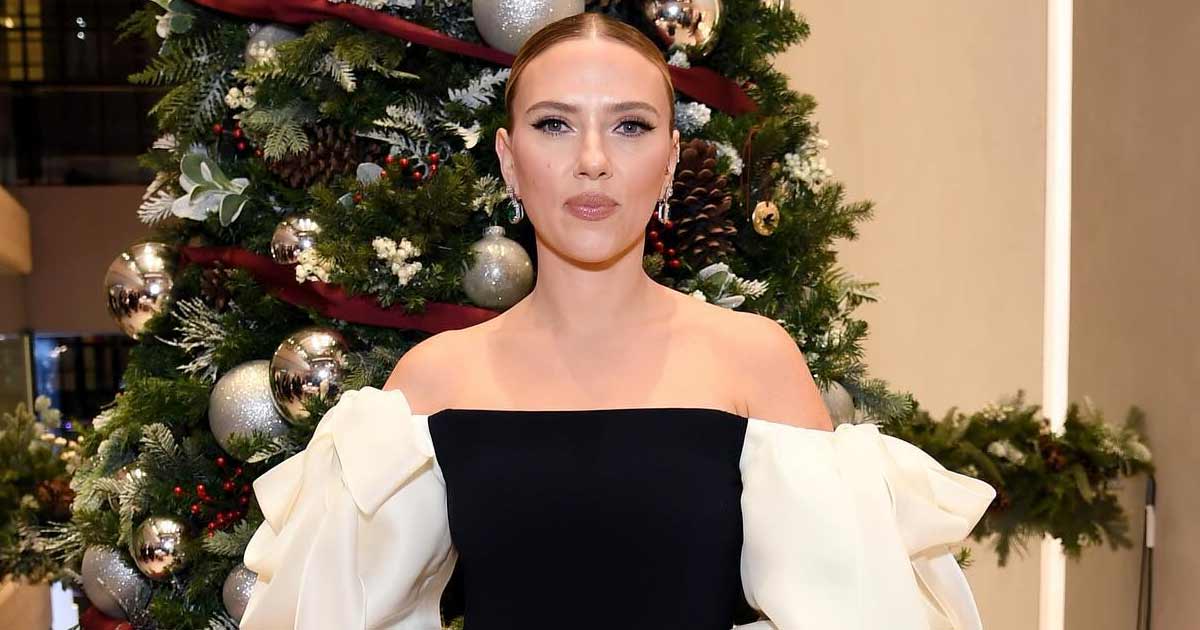
The star says she is “shocked” after OpenAI launched a chatbot with a voice “eerily similar” to her own.
Hollywood star Scarlett Johansson expressed being “shocked” and “angered” after OpenAI launched a chatbot with a voice “eerily similar” to her own.
Johansson revealed she had previously declined an offer from the company to voice its new chatbot, which reads text aloud to users.
Following the debut of the new model last week, commentators quickly noted similarities between the chatbot’s “Sky” voice and Johansson’s in the 2013 film Her.
OpenAI announced on Monday that it would remove the voice but maintained that it was not intended to imitate the actress.
However, Johansson accused the company and its founder, Sam Altman, of deliberately copying her voice, according to a statement seen by the BBC on Monday evening.
“When I heard the released demo, I was shocked, angered, and in disbelief that Mr. Altman would pursue a voice that sounded so eerily similar to mine,” she wrote.
“Mr. Altman even insinuated that the similarity was intentional, tweeting a single word ‘her’ – a reference to the film in which I voiced a chat system, Samantha, who forms an intimate relationship with a human.”
Set in the near future, the 2013 film Her features Joaquin Phoenix falling in love with his device’s operating system, voiced by Johansson.
The actress, who has been nominated for two Academy Awards, revealed that she was initially approached by Mr. Altman in September about voicing a new chatbot.
“[Mr. Altman] told me that he believed my voice could bridge the gap between tech companies and creatives, helping consumers feel comfortable with the seismic shift involving humans and AI,” Johansson wrote. “He said he felt that my voice would be comforting to people.”
However, Johansson eventually declined the offer for personal reasons. Two days before the Sky chatbot’s release, Mr. Altman contacted her agent, urging her to reconsider her refusal.
Johansson added that she had to hire lawyers and sent two legal letters to the company to determine how the voice was created. “In a time when we are all grappling with deepfakes and the protection of our own likeness, our own work, our own identities, I believe these are questions that deserve absolute clarity,” she wrote.
In a statement shared with the BBC by OpenAI, Mr. Altman denied that the company sought to imitate Johansson’s voice. “The voice of Sky is not Scarlett Johansson’s, and it was never intended to resemble hers,” he wrote. “We cast the voice actor behind Sky’s voice before any outreach to Ms. Johansson. Out of respect for Ms. Johansson, we have paused using Sky’s voice in our products. We are sorry to Ms. Johansson that we didn’t communicate better.”
The firm also stated that it was “working to pause” the voice while addressing questions about how it was chosen, in a post on X, formerly known as Twitter. In its blog post, OpenAI clarified that the five voices used by its chatbot were sampled from voice actors it partnered with.
Just six months after actors ended strikes that had halted the entertainment industry over demands for better pay and safeguards against AI misuse, Scarlett Johansson is in the spotlight again. Johansson had participated in last year’s industrial action, which was partly focused on preventing studios from using AI to replicate actors’ faces and voices without consent. The resulting agreement assured actors that such technologies would not be employed without their permission.
Dan Stein, head of AI voice licensing company Voice-Swap, commented on the issue: “Using someone’s voice without permission feels particularly invasive at a time when distrust of AI and concern over its potential harms are rampant. Whether OpenAI trained their new Sky voice using audio from Scarlett Johansson or a sound-alike, the fact remains that she refused permission and her identity was exploited regardless. It sets a dangerous precedent for copyright and consent if the most prominent company in the field behaves in this way.”
OpenAI has been facing various legal challenges regarding its use of copyrighted material from the internet. In December, the New York Times announced plans to sue the company for allegedly using “millions” of its articles to train the ChatGPT AI model. Similarly, in September, authors George RR Martin and John Grisham declared their intention to pursue a claim, alleging that their copyrights had been infringed to train the system.
The AI industry has been making huge strides in creating incredibly realistic imitations of human voices and personalities. It’s mind-blowing to think about how far technology has come! Scarlett is known for her incredible talent and unique personality, so it’s no wonder she was surprised by the chatbot’s imitation. This just goes to show how powerful AI technology is becoming and how it’s impacting the way we interact with the digital world. What are your thoughts on this? Let’s discuss in the comments!
Read More: Katy Perry says mum conned by fake AI Met Gala pic
Disclaimer:
This content is AI-generated using IFTTT AI Content Creator. While we strive for accuracy, it’s a tool for rapid updates. We’re committed to filtering information, not reproducing or endorsing misinformation. – Jomotoday for more information visit privacy policy

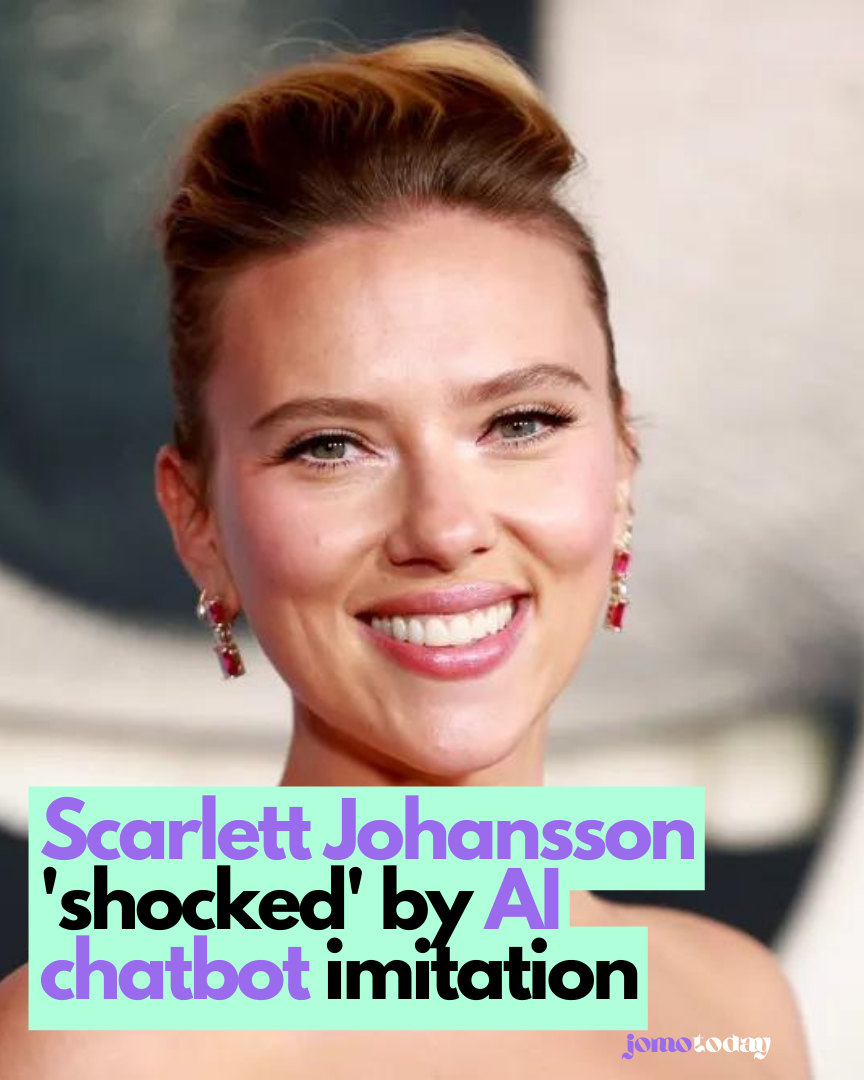
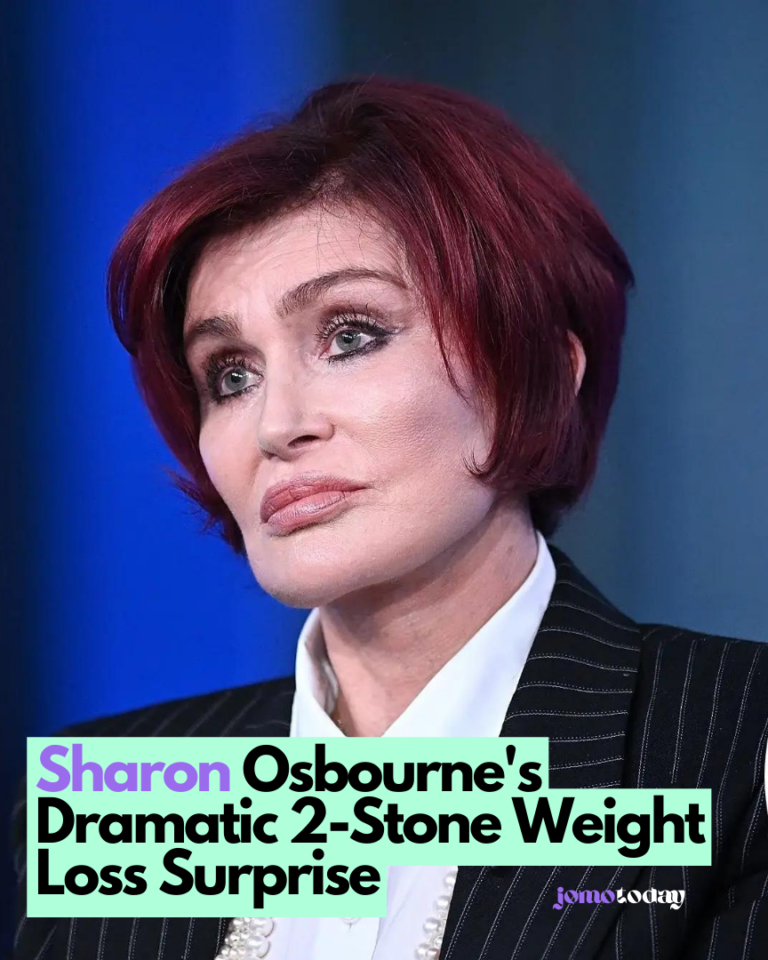
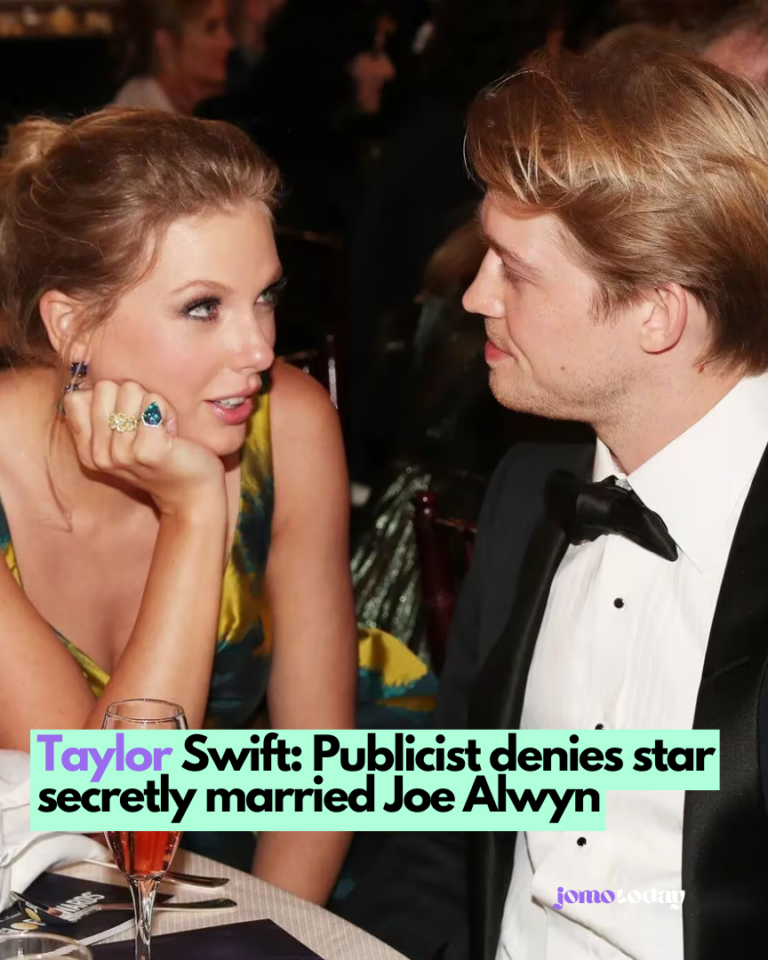
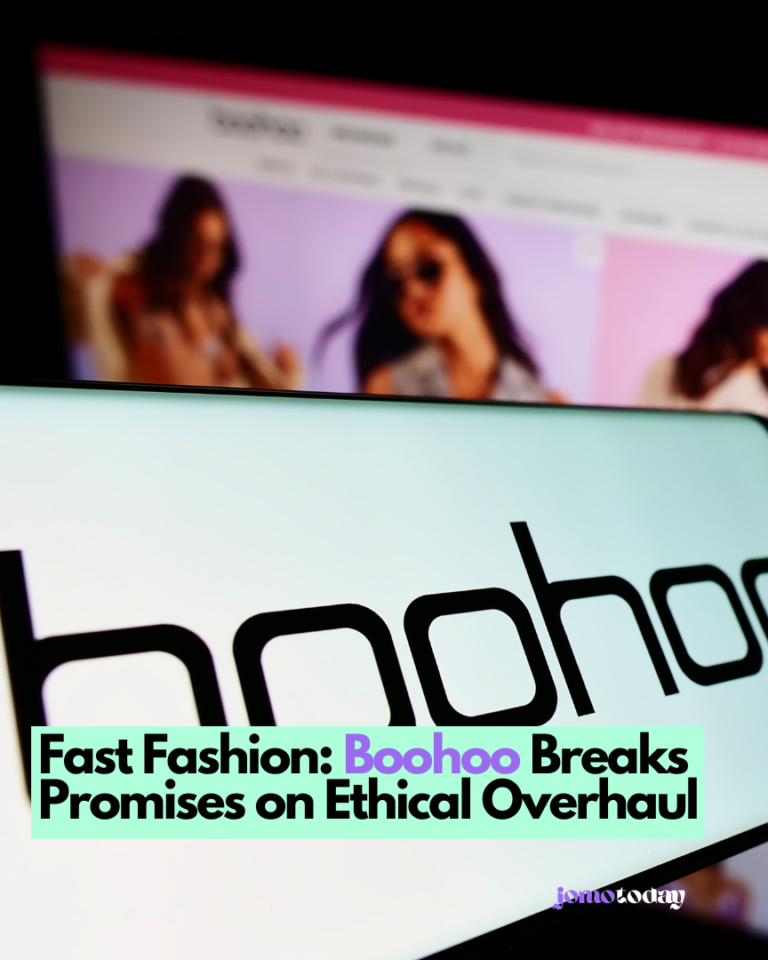
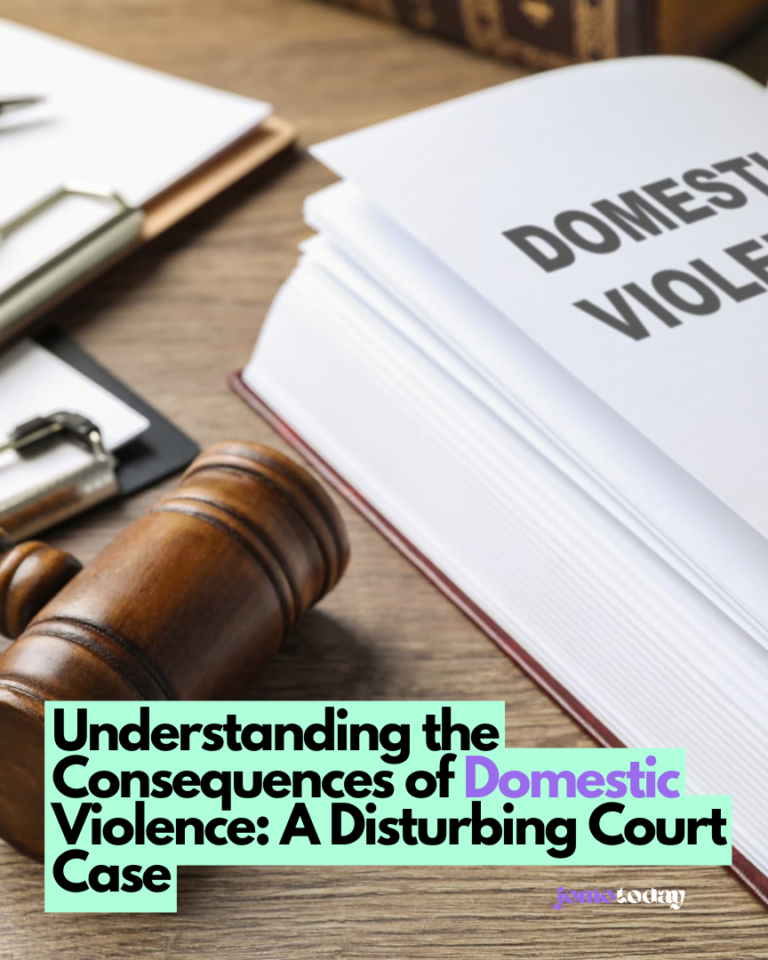
Leave a Comment